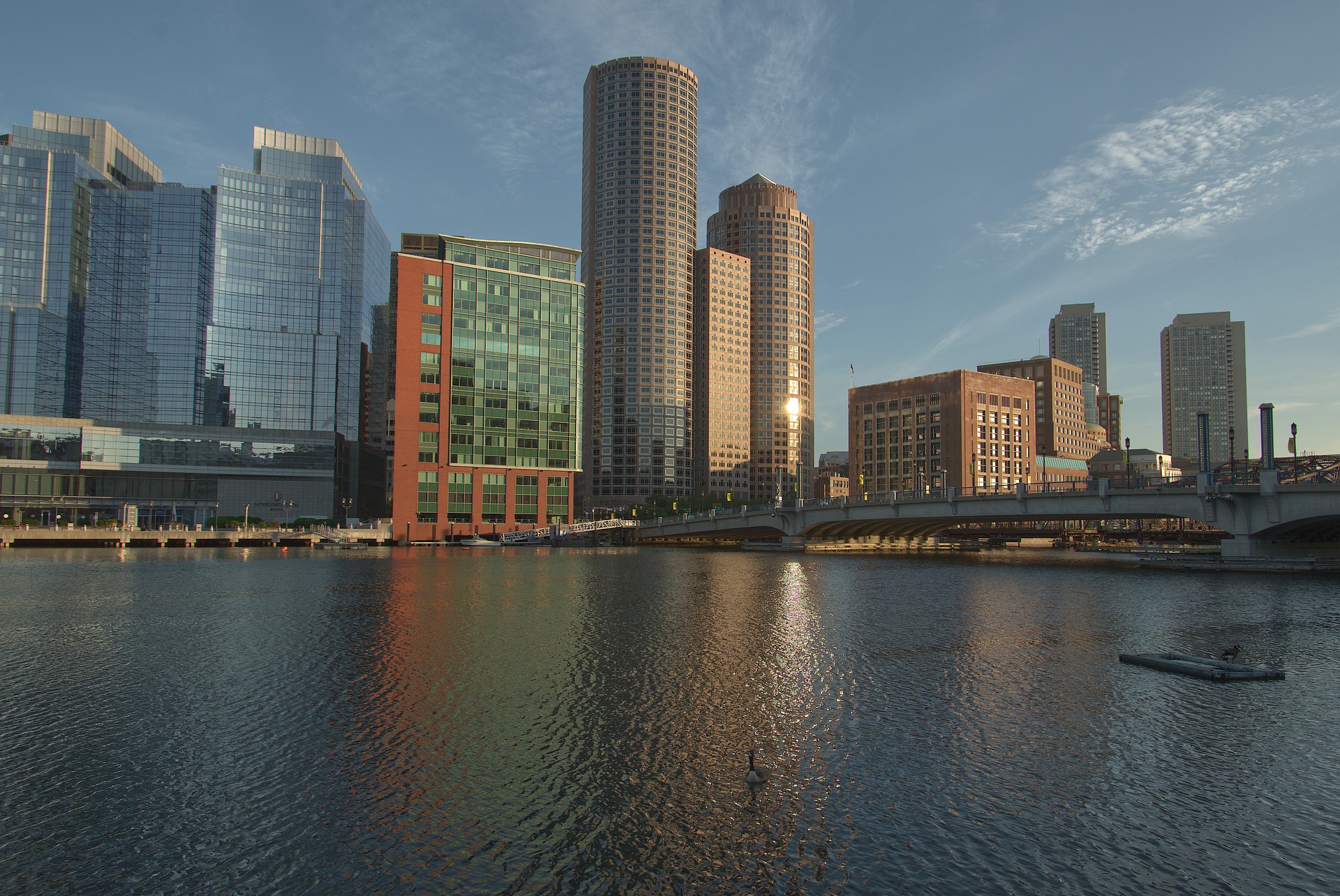Not a single construction project in Boston over the past four years has met all the rules intended to diversify the construction industry and increase the number of city residents working on construction sites, according to a report in the Boston Globe.
The Boston Residents Jobs Policy, a city ordinance, requires 51% of work hours on a project go to Boston residents. It also mandates that 40% of work hours go to workers of color, and 12% of work hours go to women. The rules apply to any private development over 50,000 sf and any public project.
Some projects did meet some of the requirements, the Globe reported. Nine exceeded the threshold for women’s work hours; 48 met or exceeded the requirement of 40% of working hours going to workers of color. Just one had more than 51% of working hours for city residents.
Only three companies were fined for violating the policy by a commission with oversight of the ordinance. The companies were fined for failing to submit payroll records in a timely manner, not for violating hiring goals.
The Globe reported that the commission is reluctant to fine companies for not meeting hiring goals for fear of prompting lawsuits that could nullify the ordinance.
Related Stories
| Aug 23, 2022
New Mass. climate and energy law allows local bans on fossil fuel-powered appliances
A sweeping Massachusetts climate and energy bill recently signed into law by Republican governor Charlie Baker allows local bans on fossil fuel-powered appliances.
| Aug 22, 2022
Gainesville, Fla., lawmakers moved to end single-family zoning
The Gainesville City Commission recently voted to advance zoning changes that would allow duplexes, triplexes, and quadplexes to be built on land currently zoned for single-family homes.
| Aug 19, 2022
Future sea rise could expose 720,000 more people on East Coast to flooding
An analysis by NPR based on modeling from the National Hurricane Center for New York City, Washington, D.C., and Miami-Dade County found future sea rise could expose about 720,000 more people to damaging floods later this century.
| Aug 16, 2022
DOE funds 18 projects developing tech to enable buildings to store carbon
The Department of Energy announced $39 million in awards for 18 projects that are developing technologies to transform buildings into net carbon storage structures.
| Aug 11, 2022
Report examines supposed conflict between good design and effective cost management
A report by the American Institute of Architects and the Associated General Contractors of America takes a look at the supposed conflict between good design and effective cost management, and why it causes friction between architects and contractors.
| Aug 10, 2022
U.S. needs more than four million new apartments by 2035
Roughly 4.3 million new apartments will be necessary by 2035 to meet rising demand, according to research from the National Multifamily Housing Council (NMHC) and National Apartment Association.
| Aug 9, 2022
Work-from-home trend could result in $500 billion of lost value in office real estate
Researchers find major changes in lease revenues, office occupancy, lease renewal rates.
Legislation | Aug 8, 2022
Inflation Reduction Act includes over $5 billion for low carbon procurement
The Inflation Reduction Act of 2022, recently passed by the U.S. Senate, sets aside over $5 billion for low carbon procurement in the built environment.
Legislation | Aug 5, 2022
D.C. City Council moves to require net-zero construction by 2026
The Washington, D.C. City Council unanimously passed legislation that would require all new buildings and substantial renovations in D.C. to be net-zero construction by 2026.
| Aug 4, 2022
Newer materials for green, resilient building complicate insurance underwriting
Insurers can’t look to years of testing on emerging technology to assess risk.

















